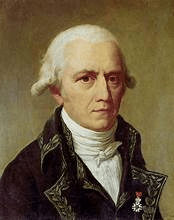In science, this is the term for a comprehensive, broadly supported, repeatedly tested, cohesive and predictive explanation for a natural phenomenon.
What is a THEORY?
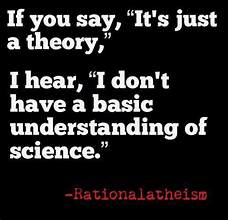
These proteins speed up chemical reactions by lowering the activation energy.
What are ENZYMES?
This type of cellular division produces 2 identical cells.
What is MITOSIS?
Alternative forms of a gene for a single trait, such as red or brown tails.
What are ALLELES?
In an ecosystem, these animals receive only 1% of the energy produced by autotrophs.
What are secondary consumers?
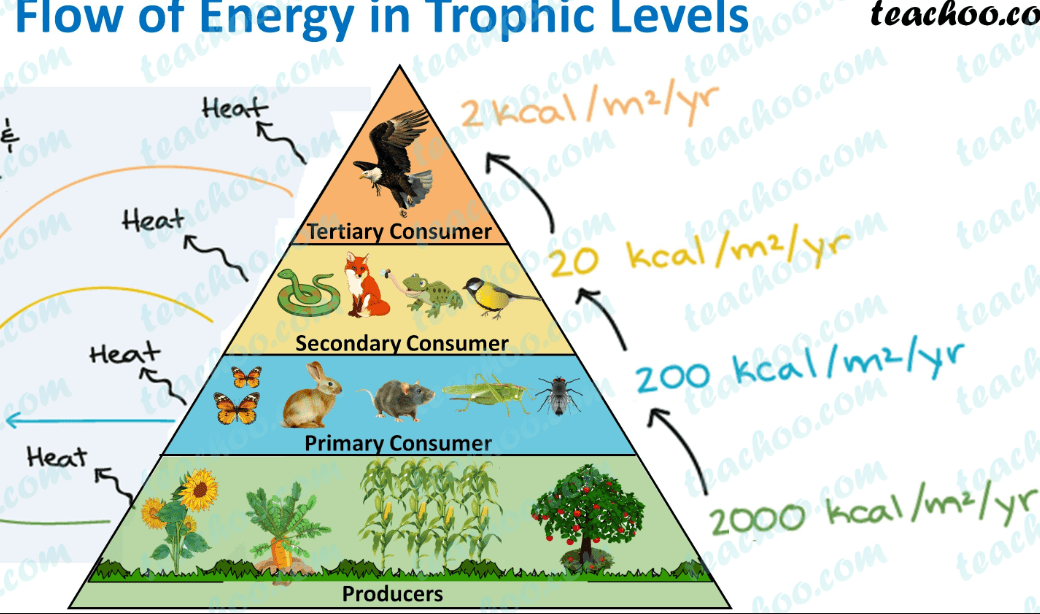
Cyanobacteria, algae, and plants are among these.
What are autotrophs?
In an experiment, the group receiving the placebo is known as
The CONTROL group

Energy is neither created nor destroyed but can change from one form to another
This is the description of what?
What is the 1st LAW OF THERMODYNAMICS?
In stable environments, this type of reproduction is most often present.
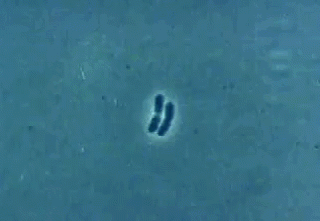
What is Asexual Reproduction?
Known as the Central Dogma, this process includes the steps transcription and translation.
What is Protein Synthesis?
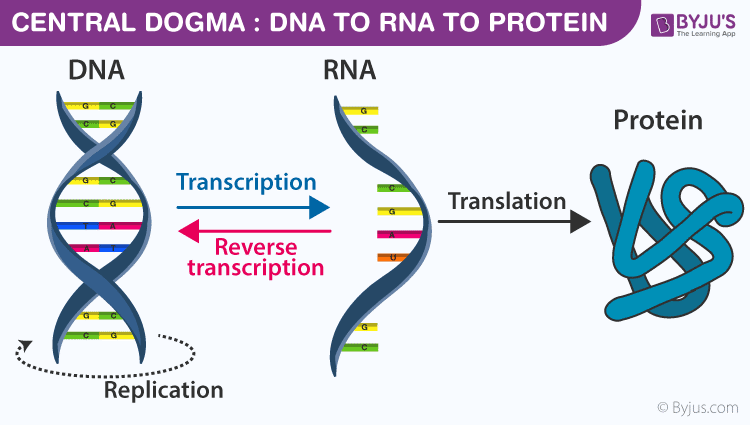
This organism's trophic level, and predator or prey status.
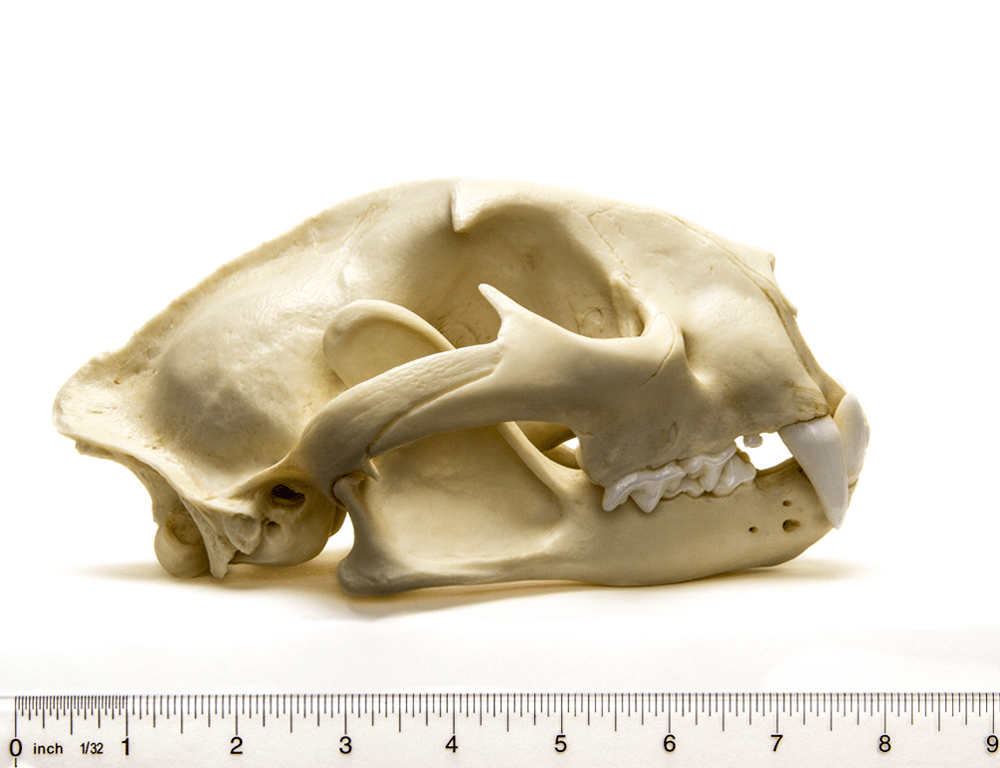
What are tertiary consumer (Carnivore)
and Predator?
Organisms that are multicellular and photosynthetic belong to this Kingdom.
What are Plants or Plantae?
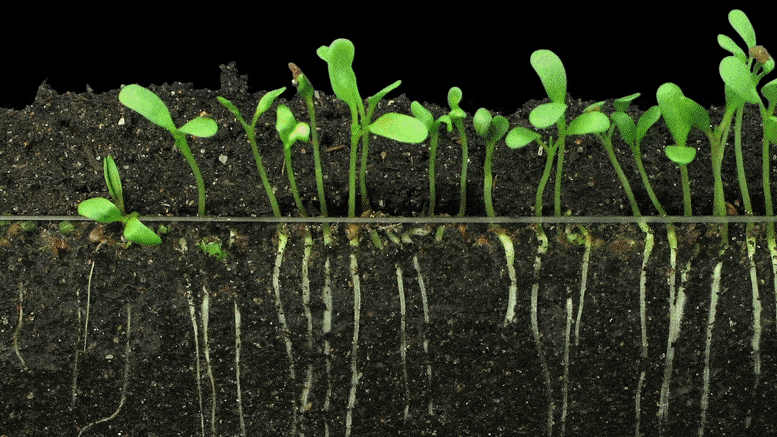
These 5 properties are considered necessary for Life.
What are: Organization, Homeostasis, Growth and reproduction, Energy use, Evolves
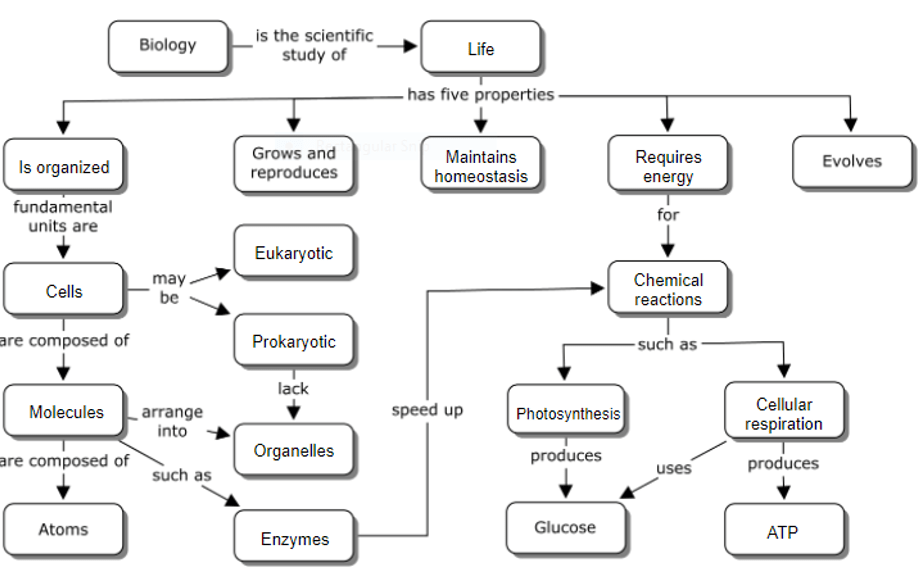
The type of reaction depicted here.
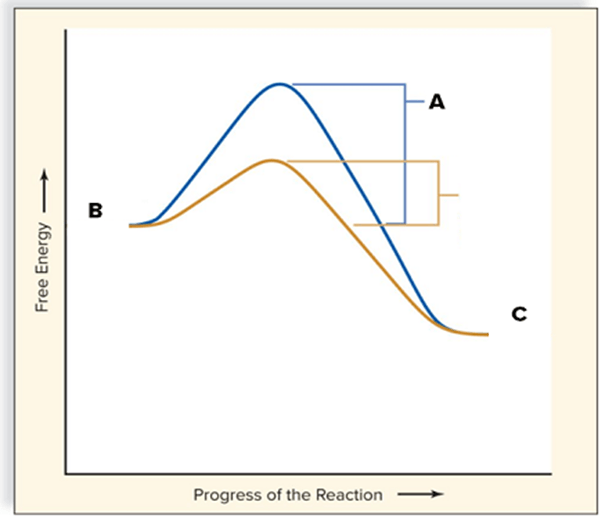
What is an EXERGONIC reaction?

This phase of cell division:

What is Metaphase?
Mutations in these cells affect the organism but not its offspring.
What are Somatic (body) cells?
A relationship among organisms that benefits one and has no effect on the other is known as this.
What is Commensalism?
One brings water and minerals up from the roots and one carries sugars from leaves.
What are xylem and phloem?
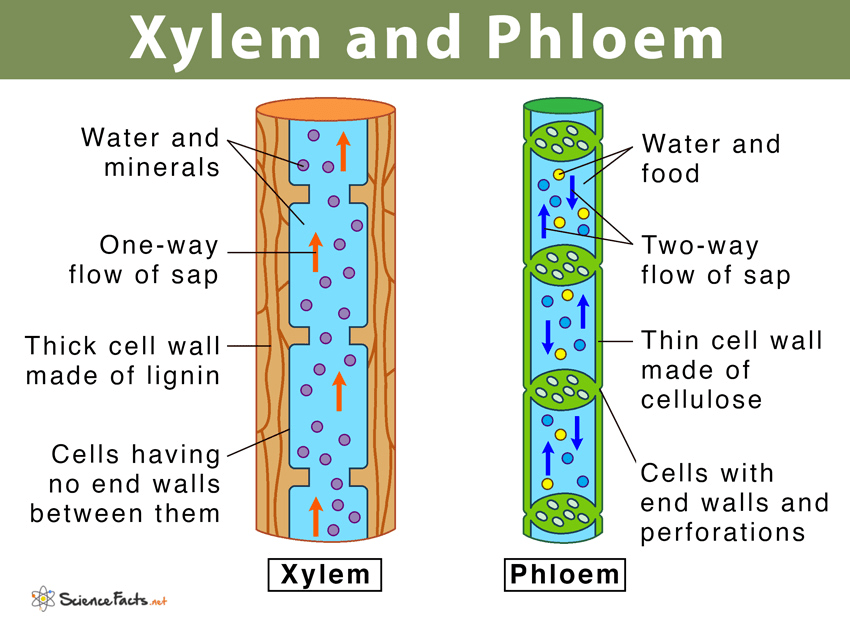
This subatomic component of the atom determines chemical interactions with other atoms (chemical bonding)
What are ELECTRONS?
This aerobic process occurs in all eukaryotes and produces ATP from biomolecules, especially glucose.
What is Cellular Respiration?
Programmed cell death, also known as THIS, is an essential part of normal development.
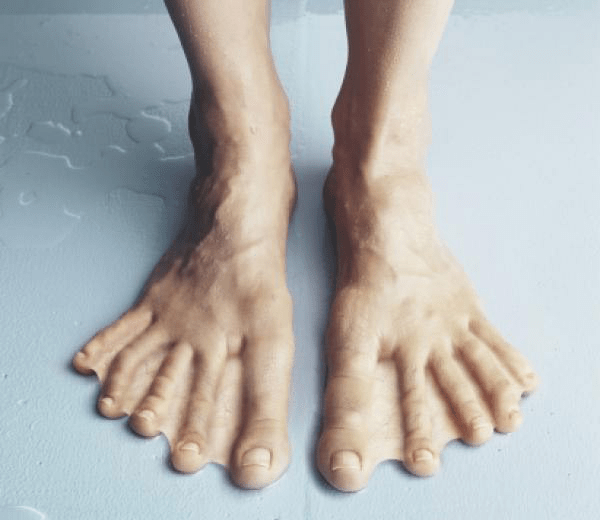
What is APOPTOSIS?
These are genetic mutations resulting in the alteration of all subsequent codons, usually resulting in non-functional proteins.
Original "PAM ATE THE BAD RED PIE"
PAM ATT ETH EBA DRE DPI E
Frameshift (specific type of insertion)
This occurs when an organism becomes accustomed to a stimulus and over time no longer responds to the stimulus.
What is Habituation?

J. B. S. Haldane observed that the Creator must have “an inordinate fondness for beetles” due to the diversity and number of species belonging to this animal phylum
What is Arthropoda?
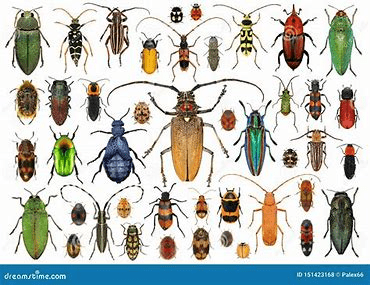
The correct order of classification from the most inclusive to the most exclusive from the following:
Class
Domain
Family
Genus
Kingdom
Phylum
Order
Species
Domain-Kingdom-Phylum-Class-Order-Family-Genus-Species (Dear King Philip Can Order Fancy Garlic Sauce???)

This is the chemical equation for Cellular Respiration
The presence of these genes promotes the cell cycle and inhibits apoptosis.
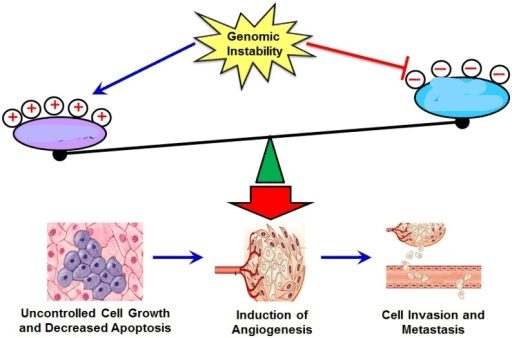
What are Proto-oncogenes?
This term is used to indicate regulatory changes to gene expression without alteration of nucleotide sequences in the form of tags attached to DNA that can turn genes on or off (often a methyl group).
What is epigenetics?
This is a type of learning where an organism's behavior is paired with a stimulus.

What is Operant Conditioning?
Process whereby toxins accumulate and concentrate in organisms of a higher trophic level
What is Biomagnification?
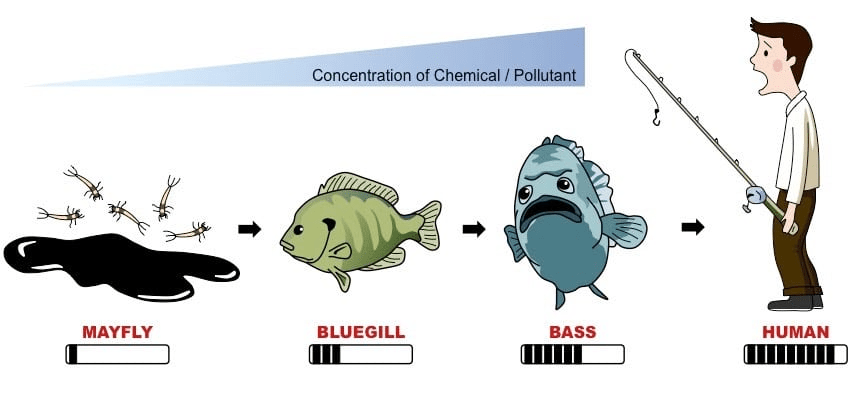
These 5 properties make water necessary for life as we know it (give 3 of them)

1. High heat capacity and heat of evaporation
2. Good Solvent
3. Cohesion and adhesion
4. Less dense when frozen
5. Necessarily for biological reactions in cells
The increasing entropy of the universe describes this.
What is the 2nd LAW OF THERMODYNAMICS?

Aneuploidy (incorrect number of chromosomes) is the result of this process that sometimes occurs during meiosis.
What is nondisjunction?
These structures have similarities in form as a result of having a shared ancestry.

What are Homologous structures? (1/2 for ancestral traits)
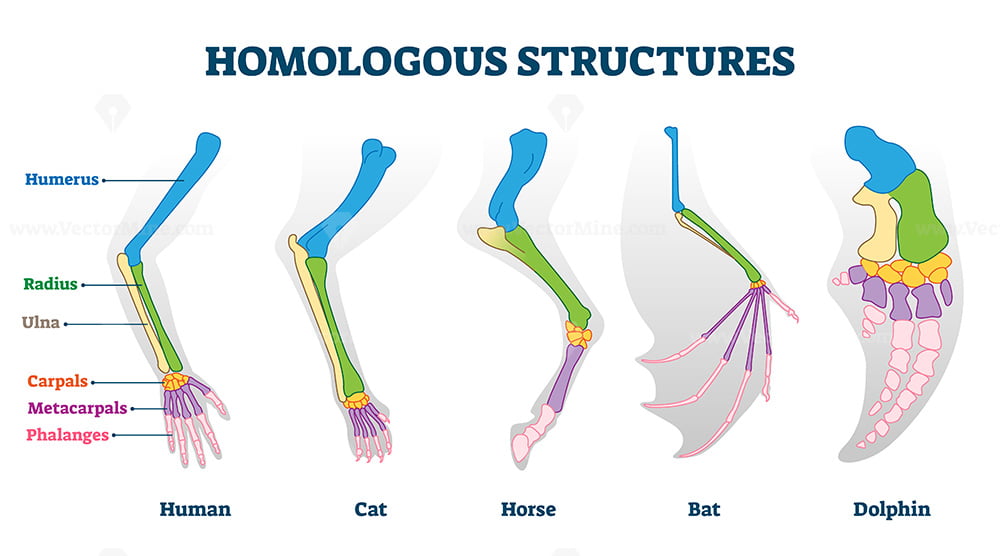
This type of selection favors features that improve the chances of mating. This often leads to male competition and female choice. (easy as it sounds)
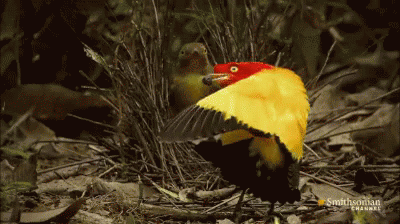
What is Sexual Selection?
A substance administered with the intention of priming the immune system, especially used against viral infection
What is a vaccine?
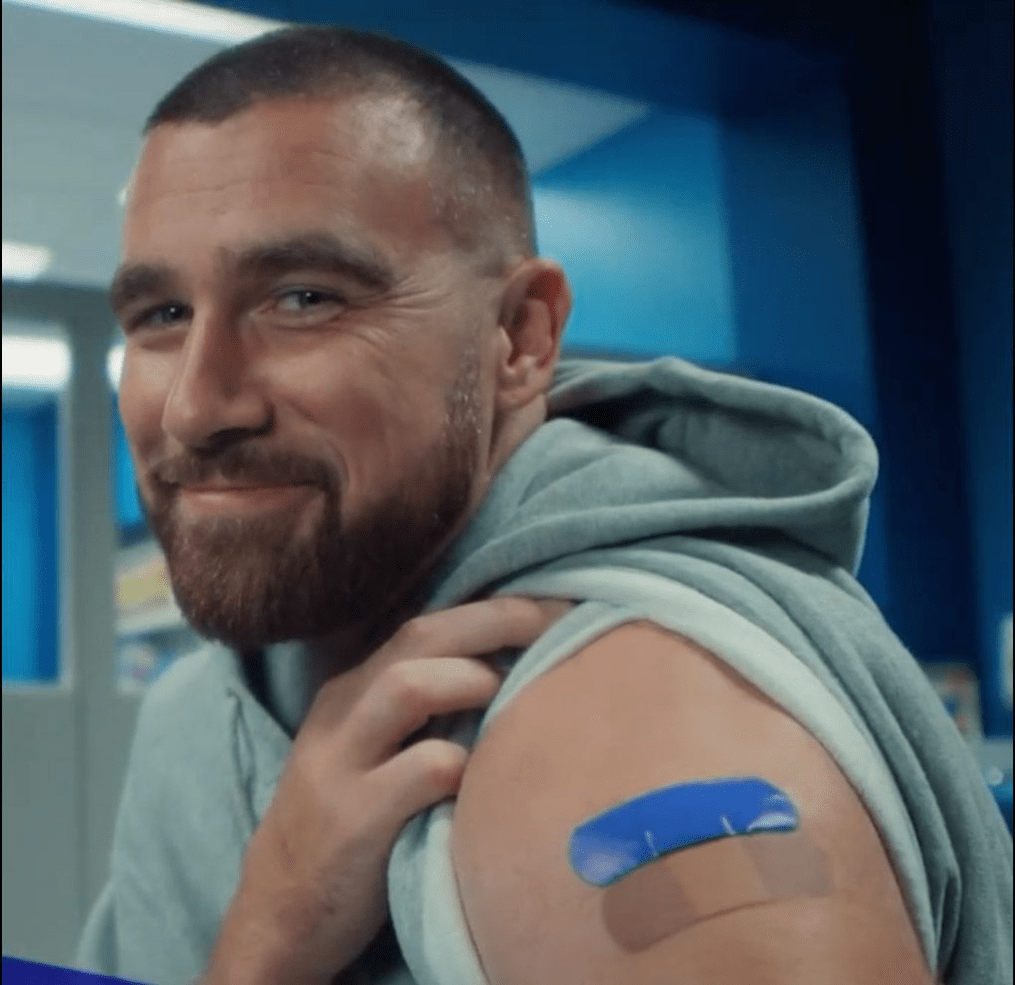
A group of substances that help to maintain homeostasis by having the ability to absorb (react with) excess H+ or OH- ions in a solution.
What are BUFFERS?

This is an endergonic process occurring only in specific cell types which is responsible for the conversion of photon energy to chemical energy.
What is PHOTOSYNTHESIS?
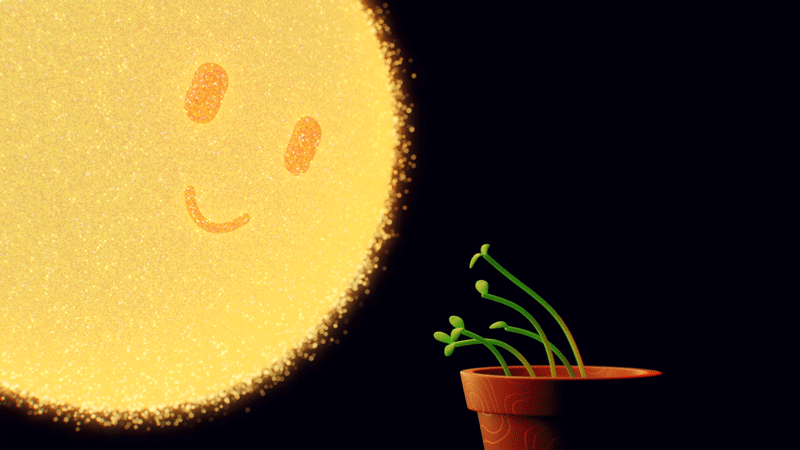
The type of inheritance represented in this pedigree.
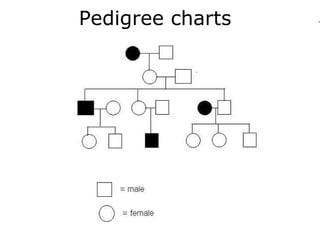
What is Recessive?
This term describes the reproductive success of an individual.
What is Fitness?

This type of mating system leads to increased parental care, especially paternal (daddy) care.
What is Monogamy?

Which of the following practices would help minimize the impacts of agriculture on the environment?
A. Develop new pesticides, herbicides, and fertilizers to maximize crop yields.
B. Plant multiple varieties of crops in the same fields simultaneously to reduce the susceptibility of crops to pests and diseases.
C. Construct better systems to pump water long distances to irrigate crops on land that is presently too arid for agriculture.
D. Concentrate on planting only one, or a few varieties, of the most productive crops.
E. Increase the use of tractors, airplanes, and other machinery to apply fertilizers, pesticides, and herbicides to crops.
What is B. Plant multiple varieties of crops in the same fields simultaneously to reduce the susceptibility of crops to pests and diseases.
This biomolecule is characterized by being required for cellular membranes, and functions as long-term energy storage and insulation.
What are LIPIDS? (fats ok although this is a more specific term)
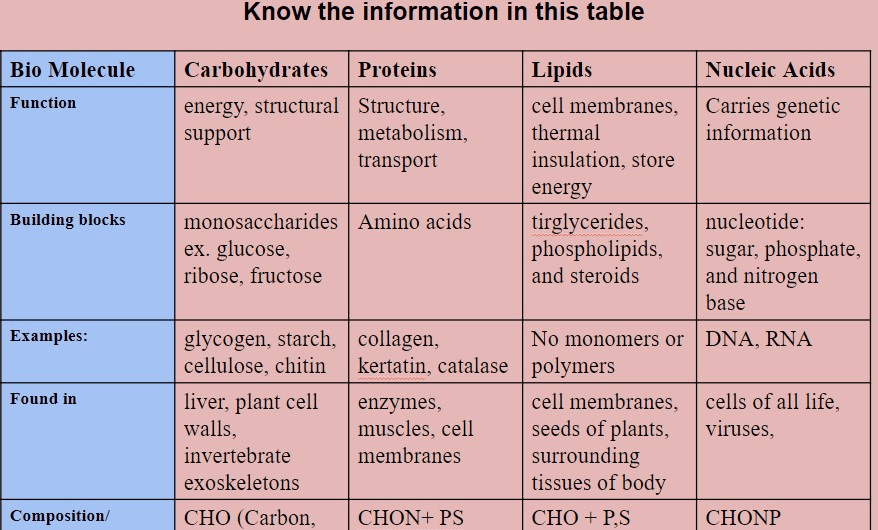
This is an anaerobic process, that has proved quite useful in the production of foods, that metabolizes glucose to either lactate or alcohol and CO2.
What is FERMENTATION?
This refers to abnormal cell growth as a result of a malfunction of the cell cycle, where the abnormal cells are confined to an area and do not invade other tissues.
What are BENIGN TUMORS?
Phenotypic variation, competition for resources, and differential reproductive success are observations consistent with this mechanism of evolution.
What is Natural Selection?
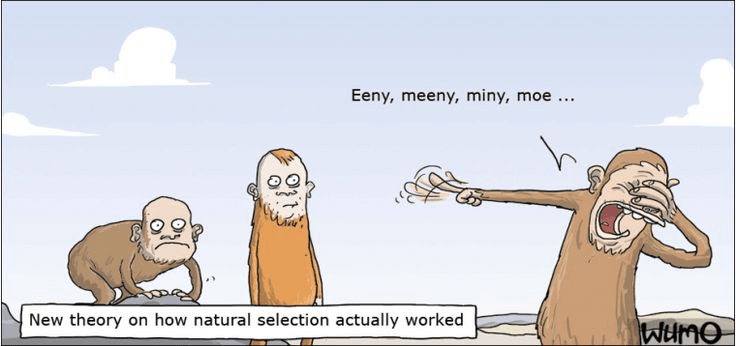
These are proposed biological reasons for the different reproductive behaviors of males vs. females.
What are
1. # and size of gametes
2. energy investment (pregnancy and child rearing)
A term used when describing something present, appearing or found everywhere
What is Ubiquitous?

Endosymbiotic theory proposes the origins of which eukaryotic cellular components?
What are MITOCHONDRIA and CHLOROPLASTS?
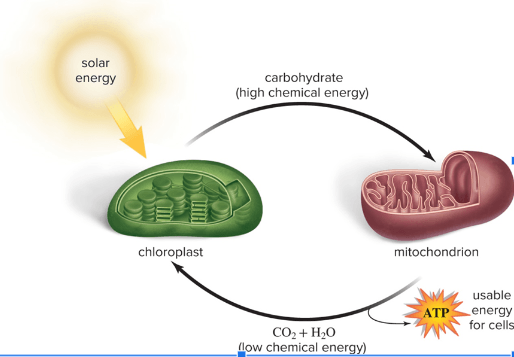
Dehydration synthesis, anabolic, energy-requiring, non-spontaneous reactions are called _______ reactions.
What are ENDERGONIC REACTIONS?
These are the three main sources of genetic variation among sexually reproducing organisms.
What are CROSSING-OVER, INDEPENDENT ASSORTMENT, and FERTILIZATION? (mutation is important but it occurs in sexual and asexual repro)
•One incidence of crossing over per chromosome =
4,951,760,200,000,000,000,000,000,000 genetically different zygotes possible.
In this type of natural selection, circled in the illustration, one form is favored over another.
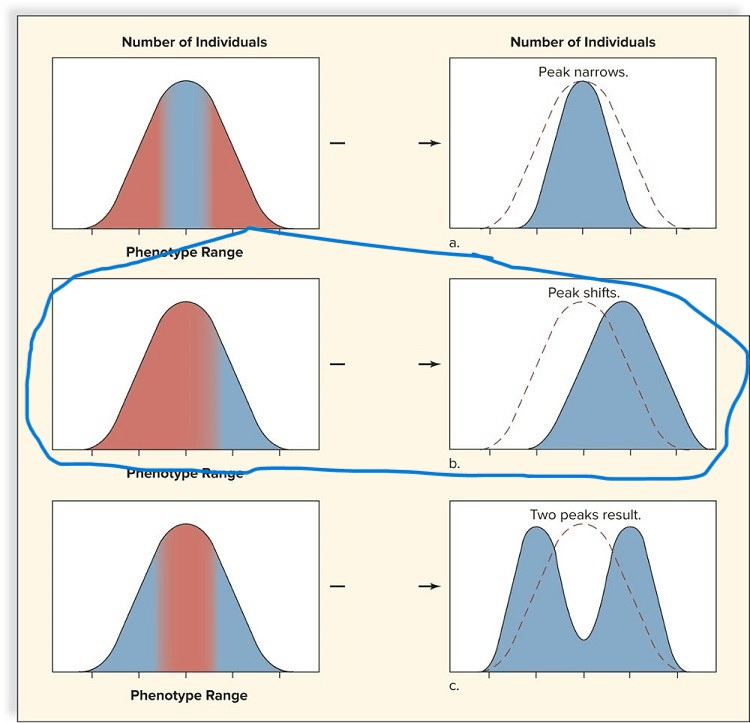
What is directional selection?
Helping others at a cost to oneself if there is a reasonable expectation that the behavior will be paid back later.
What is Reciprocal Altruism?
These are the 3 terms describing atoms or molecules having: the same protons with different neutrons; the same protons with different electrons, and the same type and number of atoms with different arrangements.
What are
isotopes, ions and isomers?
This is the term for the passage of small to medium-sized polar molecules from high to lower concentration by proteins embedded in the cell membrane.
What is FACILITATED TRANSPORT or
FACILITATED DIFFUSION
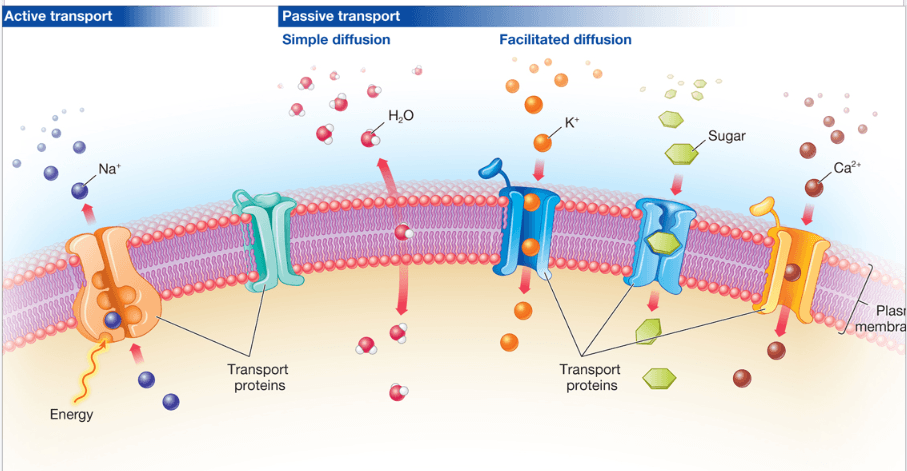
Excessive heating, adding strong acids or bases or adding certain solvents can cause this in proteins.
What is to DENATURE?
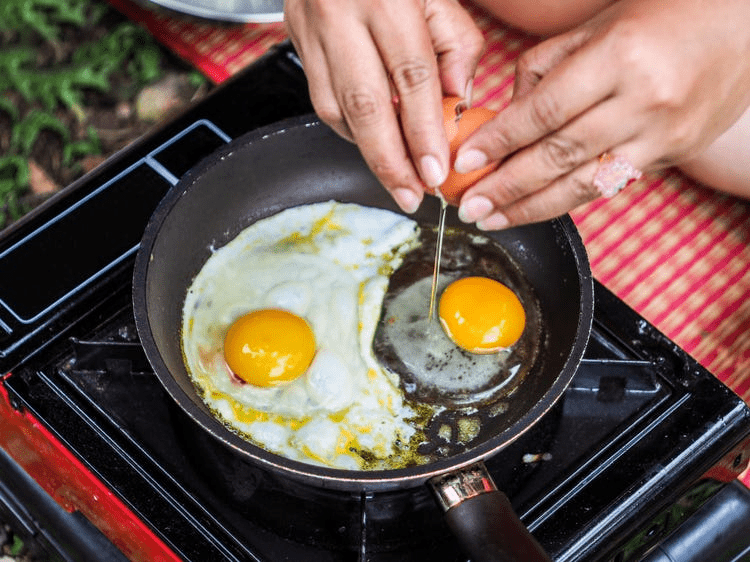
If an individual with a dominant phenotype is crossed with an individual with a recessive phenotype, 4 of their 9 offspring show the recessive phenotype. This would be the genotype of the first parent. (use letter "A")
What is Aa, Heterozygous?
Populations having no migration, no mutations, no immigration, no natural selection, and random mating are said to be in this.
What is Hardy-Weinberg equilibrium?
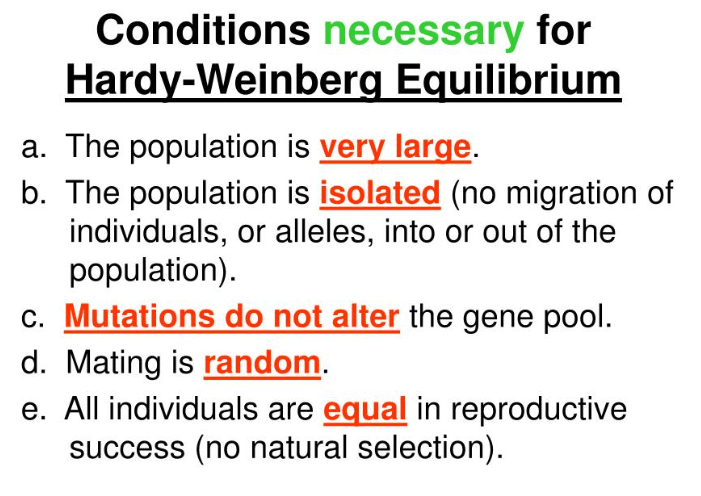
THIS may explain seeming acts of altruism that benefit non-descendent relatives.
What is Inclusive Fitness? Kin Selection
This scientist proposed the idea that traits, acquired during one's lifetime, can be passed to offspring.
Who was Lamarck?
